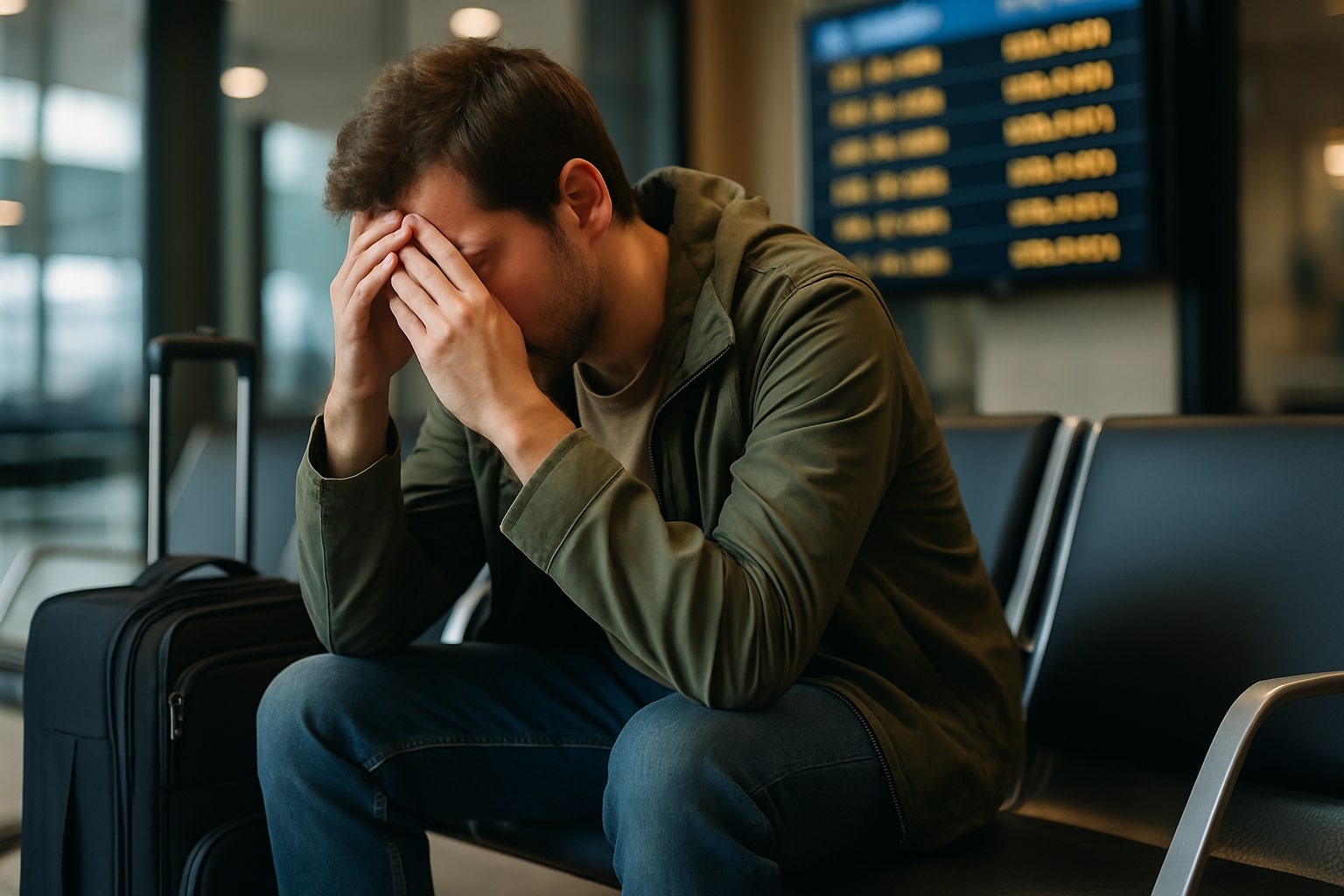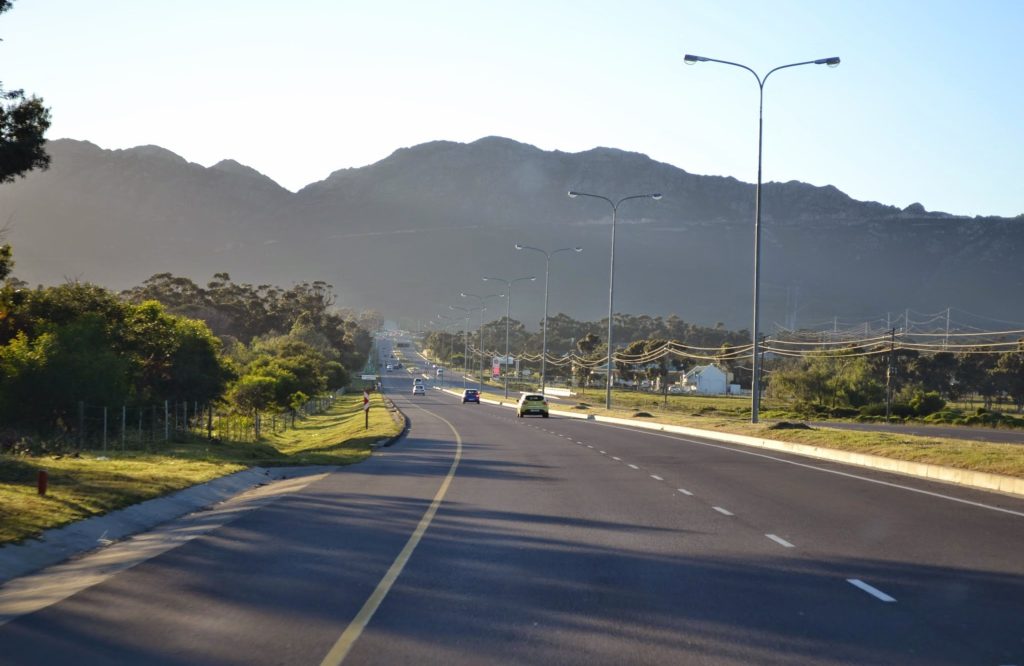Understanding Travel Delay Coverage
Travel delay coverage is an essential part of many travel insurance plans, offering financial protection against expenses that arise when your travel is unexpectedly delayed. Delays can occur due to reasons such as severe weather, mechanical issues, labor strikes, or other unforeseeable events. This coverage helps mitigate costs incurred for meals, lodging, local transportation, and essential purchases while you wait for your journey to resume.
Most travel delay insurance policies activate after a minimum delay period, typically ranging from 3 to 12 hours depending on the insurer and plan type. Travelers should carefully review their policy terms to understand the qualifying delay duration and the range of circumstances covered. Proper knowledge of these details ensures you know when you can file a claim and what expenses are eligible.
What Does Travel Delay Insurance Cover?
Travel delay insurance reimburses reasonable and necessary expenses caused by covered delays. Eligible costs often include hotel accommodations, meals, transportation between the airport and hotel, and small but essential items purchased during the delay. Some policies also cover costs associated with missed prepaid tours, cruise connections, or alternative transportation arrangements.
Claim limits vary widely, with daily allowances generally between $100 and $300 and total trip maximums ranging from $500 to $5,000 or more. These limits depend on the provider and plan selected. Comparing these coverage limits alongside the delay threshold and covered hazards is critical to selecting travel delay insurance that suits your travel habits and potential risks.
Common Causes for Travel Delays Covered
Typical covered delay causes are specified in the insurance policy and often include severe weather conditions, airline or carrier mechanical breakdowns, labor strikes, natural disasters, civil disturbances, traffic accidents en route to the airport, and lost travel documents. Certain policies extend coverage to mandatory government-imposed quarantines or travel bans that arise unexpectedly and fit policy conditions.
It is important to note that some common reasons for delays, like known strikes before purchasing the policy or delays anticipated at the time of booking, are usually excluded. Reading your insurer’s list of covered hazards and exceptions helps set realistic expectations for your coverage.
Exclusions and Limitations of Travel Delay Coverage
Travel delay coverage is subject to various exclusions and restrictions to prevent claims on foreseeable or pre-existing delays. Typical exclusions include delays announced or publicly known prior to policy purchase, government orders or law changes effecting transportation, ongoing industrial disputes already active when buying the policy, and carrier service withdrawals.
Delays occurring within the traveler’s city of residence or delays that do not meet the minimum hours required by the policy are often not covered. Furthermore, insured travelers must submit receipts to support all claimed expenses, and some plans impose waiting periods before coverage applies. Understanding these policy terms prevents claim denials and helps you manage expectations in case of delays.
How to Make a Claim for Travel Delay
To successfully claim travel delay insurance, start by collecting official documentation from your airline, train company, or travel provider that clearly states the reason for and length of the delay. You should also keep receipts for all additional expenses related to meals, lodging, and local transport incurred during the delay period.
Once your trip resumes or concludes, file your claim with the insurer, attaching all supporting documents, including delay confirmation, receipts, and travel tickets. Many insurers offer easy-to-use online portals to streamline claims. Remember that reimbursement applies only to expenses not already compensated by airlines or other providers.
International vs. Domestic Travel Delay Coverage
International travel delay insurance generally offers higher financial limits and may require longer minimum delay times—commonly a 12-hour threshold—before coverage applies. By contrast, domestic travel policies may have lower delay thresholds, often 3 to 6 hours, but frequently exclude coverage for delays occurring within the insured’s home city.
Understanding these distinctions is vital, especially for frequent travelers, business trips, and complex itineraries with multiple connecting flights or prepaid events that risk being missed due to delays. Reviewing both domestic and international policy specifics ensures your coverage matches your planned travel routes and activities.
Tips for Choosing the Right Travel Delay Insurance
Choosing the most suitable travel delay coverage requires assessing your travel frequency, destinations, and risk exposure. Consider the following expert tips when selecting your policy:
Compare minimum delay duration requirements, daily and overall reimbursement limits, and covered causes of delay across insurers.
Evaluate whether single-trip, multi-trip, or annual plans better fit your travel patterns.
Check if your travel credit card offers travel delay benefits to supplement insurance.
Carefully review exclusions to ensure common local delay causes are covered.
Look for bundled benefits like missed connection coverage or cancel-for-any-reason options for extra flexibility.
Taking time to select the right travel delay insurance maximizes your protection against costly travel disruptions.
Frequently Asked Questions About Travel Delay Coverage
Does travel delay insurance cover all delays?
No. Only delays that meet your specific policy’s qualifying reasons and minimum delay times are eligible for claims. Delays that were known or expected before buying the policy are typically excluded.
Which expenses can I claim under travel delay coverage?
Covered expenses usually include meals, hotel stays, transportation to/from the airport, and essential purchases. Policies specify daily and total claim maximums, so keep all receipts during your delay.
Can I claim both airline compensation and insurance for the same costs?
Generally, travel delay coverage acts as secondary insurance. If your airline provides compensation such as a hotel or meal vouchers, those costs cannot be claimed again under your insurance.
What should I do if my travel is delayed?
Immediately obtain an official delay notification from your carrier, document all additional expenses with receipts, and follow your insurer’s claim procedures promptly.
Conclusion
Travel delay coverage provides valuable financial relief and peace of mind when unexpected disruptions affect your travel plans. By understanding what your policy covers, carefully selecting insurance tailored to your travel needs, and documenting delays thoroughly, you can minimize the stress and cost of travel interruptions. As travel in 2025 continues to evolve with new challenges, securing robust travel delay insurance remains a smart and essential part of trip planning.



